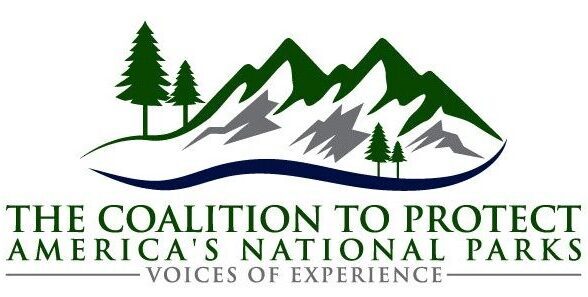Statement of Amy Fehir
Coalition to Protect America’s National Parks
Regarding Proposed Revisions to CEQ Regulations for the
Implementation of the National Environmental Policy Act
Washington, DC Hearing
February 25, 2020
Good evening. My name is Amy Fehir. I am a former National Park Service employee and the current Executive Director of the Coalition to Protect America’s National Parks. I am presenting this testimony on behalf of the Coalition. Our group is comprised of over 1,700 retired, current, and former employees who have worked for the National Park Service. Collectively, we represent more than 40,000 years of experience managing and protecting America’s most precious natural and cultural resources.
Current NEPA procedures have long provided a critical mechanism for ensuring that the National Park Service fulfills its mission to “conserve [parks]… unimpaired for the enjoyment of future generations.” During the past 50 years, an important factor in making good decisions that protect parks has been robust public participation encouraged under the NEPA process.
One of our greatest concerns with the proposed rule is that it will make public comment opportunities “more flexible.” This supposedly means “at the discretion of the agency,” but in our experience actually means “optional” or “less certain.”
In contrast to the broad “flexibility” CEQ proposes for soliciting public comments (or not), the rule would impose very specific “presumptive” page and time limits on the preparation of NEPA documents. The proposed limits are much shorter than the average preparation time and page length of Environmental Assessments and Environmental Impact Statements, as CEQ reports in the Preamble. The predictable effects of these arbitrary and capricious limits are that:
1) agencies will be under pressure to cut corners in the preparation of NEPA documents;
2) the quality of the environmental analysis will suffer;
3) agencies will inevitably abbreviate or eliminate public comment opportunities in order to meet these unrealistic “presumptive” targets.
The proposed changes to NEPA may be beneficial to developers and the oil and gas industry but will certainly hinder public involvement and put the continued protection of our natural and cultural resources at risk.
In our view, encouraging robust public participation in the NEPA process is far more beneficial and important to making good management decisions than streamlining the NEPA process through arbitrary page or time limits.
To address this highly questionable contrast, we propose the following “presumptive” lengths for public comment periods be added to the rule:
-
- Environmental Assessments: Scoping period and document review of not less than 30 days
- Scoping for Environmental Impact Statements: Public comment period of not less than 30 days
- Environmental Impact Statements: Public comment period of not less than 60 days
We will submit additional comments in written form. Thank you for the opportunity to express these concerns at today’s hearing.
